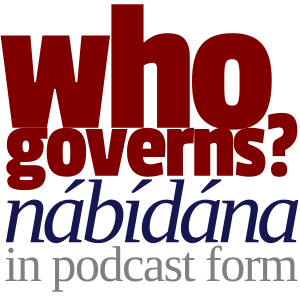Some quixotic souls in the republican movement must last night have been sitting, breath bated, in Arran sweater and Celtic jersey wearing clusters. They were waiting, no doubt with poitín in hand, for RTÉ’s ‘Ireland’s Call’ PrimeTime Special, seeking to discover just how much more they need to do to convince the people of Ireland that an end to ‘partition’ is worthwhile or worth working towards. Some probably tried to calculate how many more fathers, sons, brothers, sisters, daughters and grand-daughters they would have to murder, how many department stores to burn down, how many Enterprise train services to delay, to bring it about. Had they tried too hard? Had they not tried hard enough?
The show was trumpeted as an opportunity to take the pulse of Ireland’s patriotism and desire for a unification and end to partition. It will have gone down today with the Tiochaídh Brothers like a cup of cold sick.
66% of people in the republic of Ireland would like to see a United Ireland in the short or medium term. Not exactly the sort of nationalistic fever one might have expected, but enough to win a referendum in a pinch.
When the idea of paying more tax (the experience of all ‘unified’ nations after partition) was brought into the thought process, patriotic fervour dies down a lot – 31% still think casting out perfidious Albion is worth the bother. Only our rivers run free; toll roads everywhere else.
In Northern Ireland, the society isn’t as deeply divided as all that. Fewer people there (unsurprisingly) would like to join an Éire Núa, with only 30% of the surveyed participants favouring a United Ireland in the medium or short term. 27% are undecided and 43% would sooner stick needles in their (too close together) eyes. Absolutely no prospect for a united Ireland by border poll.
This chimes well with the attitudes I have encountered among people I meet in Ireland – they mostly say ‘yeah’ to the idea of a united Ireland, but when pressed on the matter, most people in the South are content for there to be peace and prosperity on a binary island. The Belfast Agreement has created a scenario whereby peoples’ identities are recognised and respected, whilst their political views are tamely tolerated.
Thoughts in the Free State have already turned to a rather more proximal and important referendum – with the realisation that a UK departure from the EU would result in economic turmoil for the twenty six counties. I shall turn to the constitutional implications of provincial disparity with the mainland response to a Brexit in due course.



